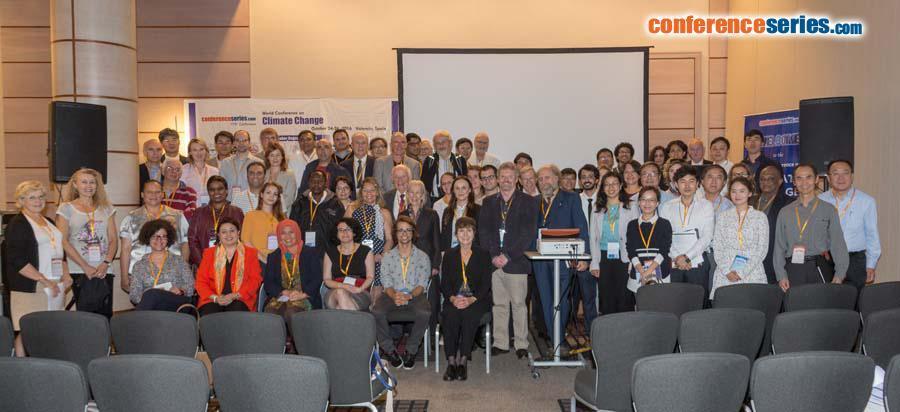
Tamar Trop
University of Haifa, Israel
Title: Towards climate-resilient cities in Israel: Local planning and building measures
Biography
Biography: Tamar Trop
Abstract
Cities are major contributors to climate change. At the same time, cities, especially at the coastal zone, are heavily vulnerable to this change. In Israel, most of the population is concentrated in coastal areas. In 2001, an Israeli Climate Change Information Center (ICCIC) was setup by the Ministry of Environmental Protection, in the wake of a 2009 government decision on the preparation of a national climate change adaptation program. Since then, a multidisciplinary group of researchers identified the risks and implications of climate change, and highlighted the knowledge gaps. Recently, they have submitted their recommendations on how to address climate change in the urban environment, with regards to various action areas, including local planning and building. The recommended policy in this area includes the following measures: Assessing the specific local risks of climate change and setting priorities for mitigation and adaptation actions; reducing anthropogenic heat sources and air pollutant emissions; advancing public transportation, bike riding and walk ability; developing mixed land uses; incorporating microclimate and human comfort considerations into urban planning to reduce heat island effects; increasing open space ratio and vegetation cover, including green roofs; using building materials which absorb less heat; promoting shaded streets; promoting water-sensitive planning; utilizing the underground space; establishing fire protection zones; adjusting already existing infrastructure and building future infrastructure according to sustainability standards; and promoting green building though institutional, legislative, economic and educational tools. ICCIC team has also identified the knowledge gaps regarding each of these measures, and ranked their research priority.

